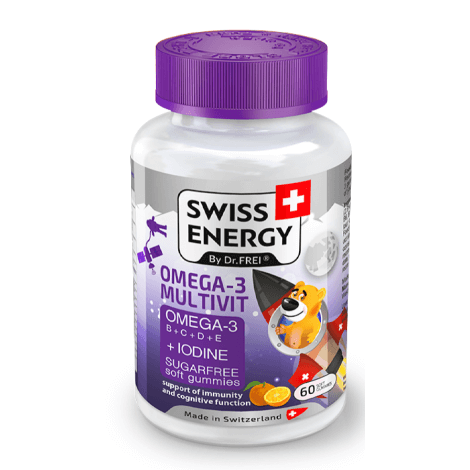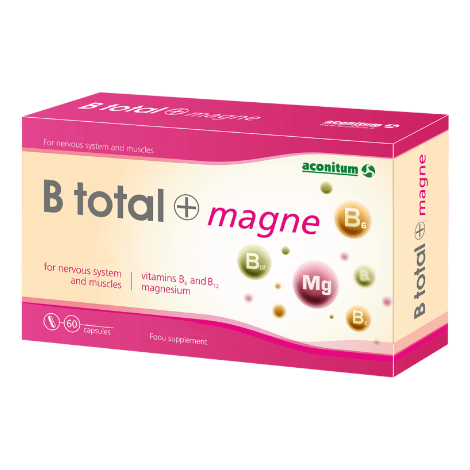Currency
|
The muscles are the largest group of body tissues, and they make up about 40% of your total weight. Muscles are necessary for all movement and play a major role in your health.
A healthy muscle can contract quickly and forcefully, which is necessary for all movement. For example, when you walk, run, jump or lift something heavy. Healthy muscles also help to keep blood pressure under control. If you don't use your muscles they will become weaker over time and may not work as well as before if they are not used regularly.
Good
Magnesium is a mineral that plays a crucial role in the function of so many parts of the human body, including muscles and bones. It also helps keep your heart healthy as your heart also is a muscle.
Omega-3 is a type of fatty acid that is important for maintaining a healthy heart. The human body can't produce Omega-3 on its own, so it has to be obtained through diet or supplements.
Best
Many people don't realize that they need to take care of their muscles, but muscles are an important part of our body. Muscles help us move, lift things, and do all sorts of things that we want to do in life. When we don't use our muscles, they become weak and get sore more easily.
In order to keep your muscles healthy, you need to make sure that you have enough of the right kind of nutrients. If you don’t have enough magnesium in your body, your muscles may become too tight and unable to move.
This can happen if you don't get enough magnesium from food or if you lose it because of a condition like diabetes or kidney disease. But even if you eat a lot of magnesium-rich foods, it's possible that not all the magnesium gets absorbed by your body.
Magnesium is a mineral that helps build strong bones and healthy teeth, as well as keep muscles strong. It's also important for nerve function, energy production, protein synthesis and blood glucose regulation.







